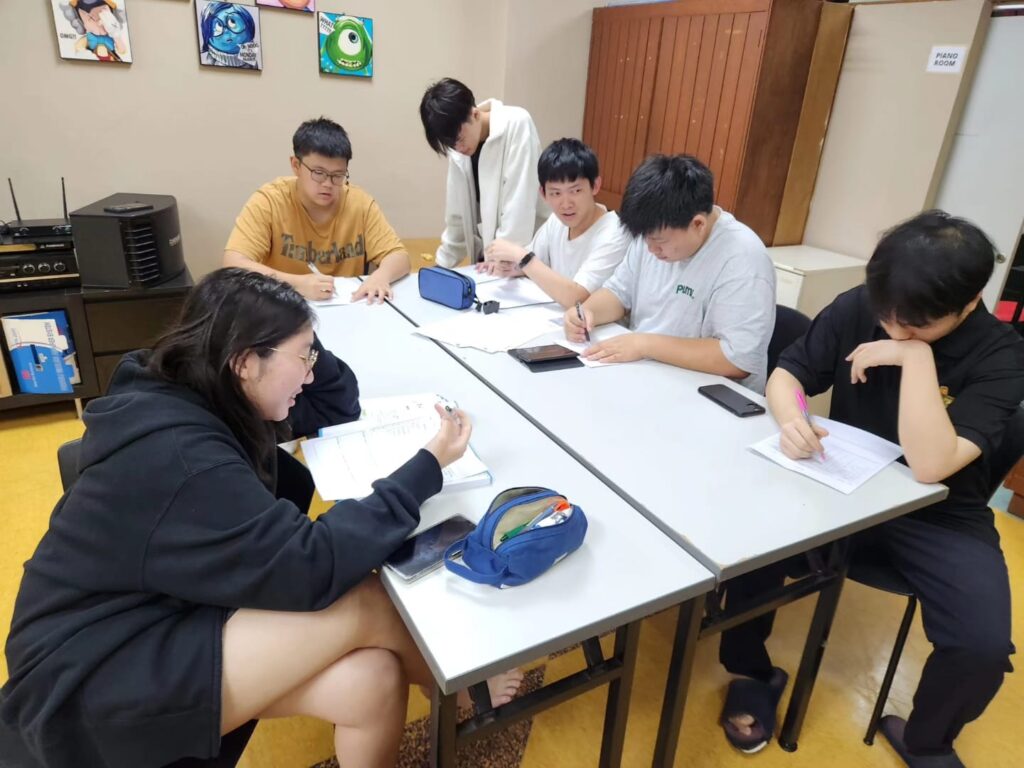As Milchelians start their academic journey this year, goal setting will be a valuable tool to ease their ride. Some of them will be navigating primary school, facing challenges in secondary education, or stepping into tertiary studies. Either way, guiding them to set goals can greatly affect their educational experience.
Why Goals Matter
First, consider goals as the roadmap guiding every Milchelian’s academic journey. They provide direction, purpose, and a sense of achievement. By breaking down tasks into smaller, manageable steps, goals teach effective time management—an important skill for academic success. They also contribute to personal growth by teaching self-awareness, perseverance, confidence, and a positive mindset.

For Primary Schoolers
While young, Milchelians can benefit from simple goals such as completing homework or reading a specific number of pages. These initial experiences lay the foundation for discipline and responsibility. Parents, guardians, and coordinators play a crucial role in guiding Milchelians set achievable yet challenging goals. Additionally, we offer gentle but firm guidance as they learn to balance academics and play.

Navigating High School Challenges
Furthermore, as Milchelians transition to secondary school, the complexity of goals changes. Academic achievements, participation in CCAs, and personal development become key areas for goal setting. Moreover, it is essential to assist teenagers in identifying realistic goals and encouraging them to explore interests and passions. Goals act as motivators, empowering adolescents to face the sometimes-overwhelming journey of secondary school with purpose and determination.

Preparing for Tertiary Education
Finally, even as Milchelians approach tertiary level, goal setting remains relevant. Academic and career-oriented goals become crucial. The parental role shifts to that of a mentor, guiding them in articulating aspirations, planning for the future, and making informed decisions about their educational and professional paths.

The Consequences of Goal Neglect
The absence of the habit of goal setting has serious consequences. Milchelians may face challenges such as a lack of direction, procrastination, and difficulty managing time effectively. We, parents, guardians, and coordinators, must understand and avoid these potential outcomes. This understanding empowers us to guide our children towards a more purposeful and fulfilling educational experience.
Conclusion: A Collaborative Journey
In essence, goal setting is a collaborative effort between parents and children. It’s about developing a mindset that embraces challenges, values personal growth, and strives for success. For Milchelians, this collaborative journey includes parents, guardians, and coordinators. Actively engaging in the goal-setting process occurs not only at the beginning of the year. What’s more, it also happens at the start of every term when we also review past-term student performance. By being actively involved, parents and guardians not only support academic goals but also equip Milchelians with essential life skills for the future. Let’s empower the next generation for a journey filled with achievements and meaningful growth.

